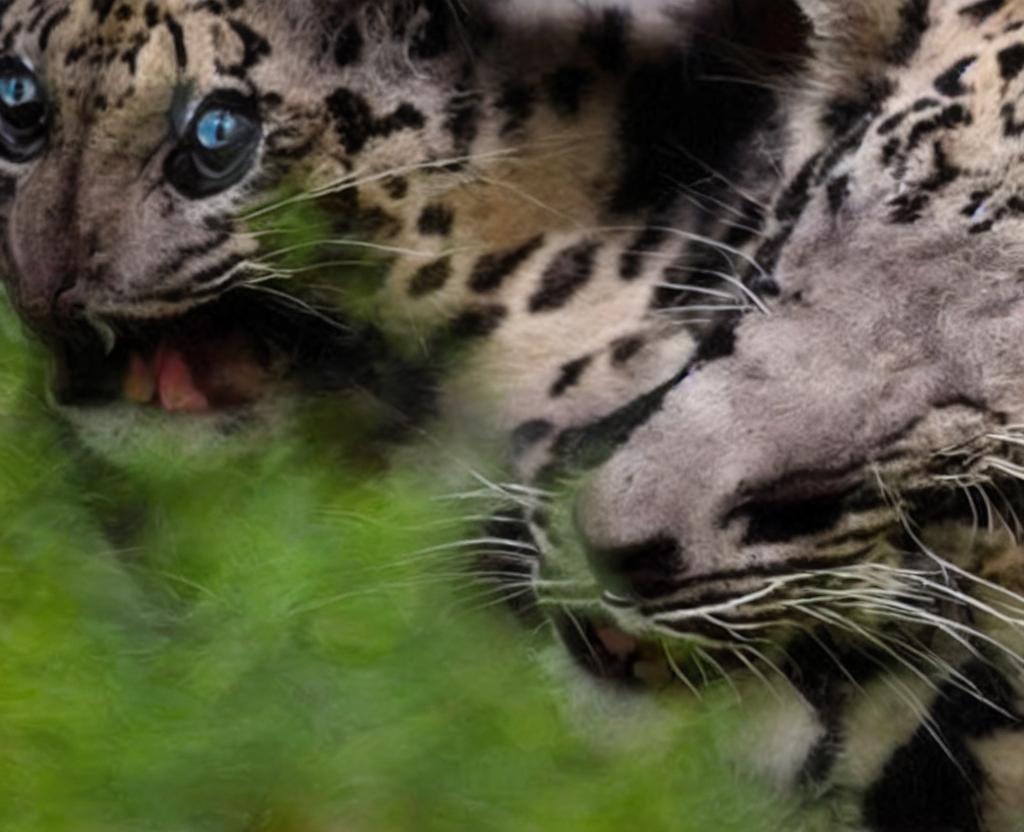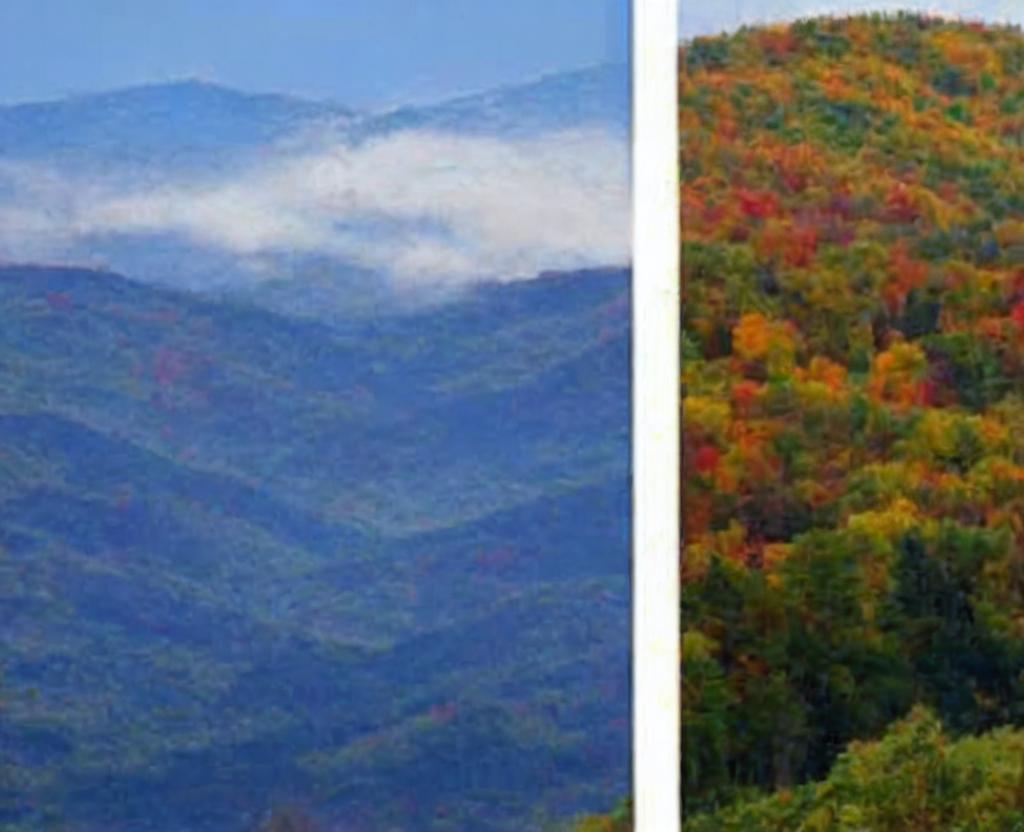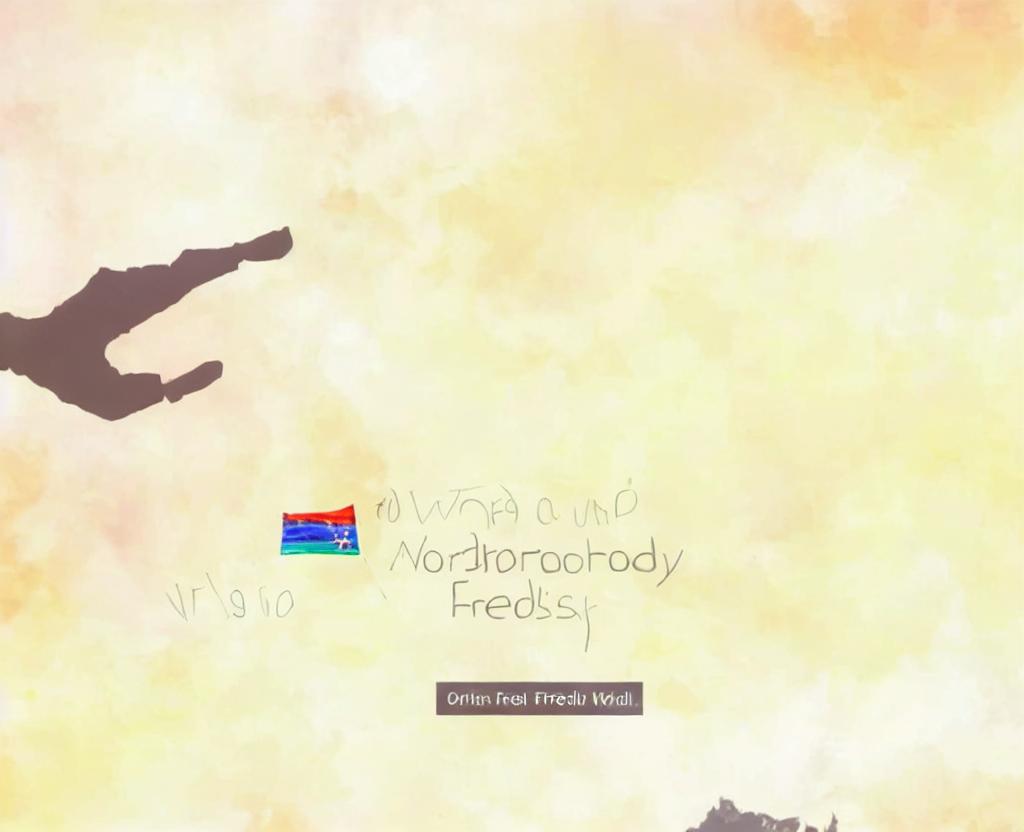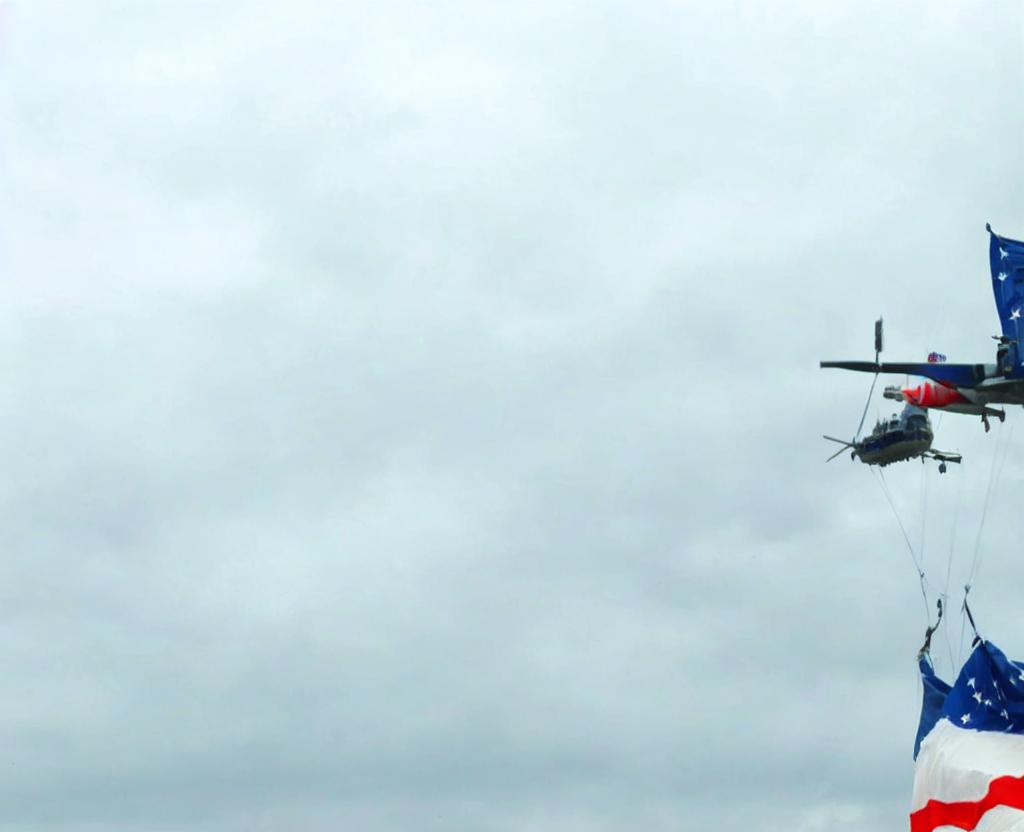
International Clouded Leopard Day
The clouded leopard's plight is highlighted on International Clouded Leopard Day, August 4th, raising concerns of the plight of the clouded leopard. Both in the wild and captivity, the clouded leopard needs our assistance to maintain its current population numbers and increase.
These graceful and shy animals live in central and south East Asia. The Clouded Leopard (Neofelis nebulosi), also known as the mainland Clouded leopard, is native to the Asian mainland. On the Indonesian and Sumatra islands, the Sunda Clouded leopard (Neofelis diardi) is a second species of the Sunda Clouded leopard (Neofelis diardi).
Very little is known about these elusive cats. Conservationists are curious and nocturnal, and they want to know about their reproduction and lifestyle since they're shy and nocturnal. This information will help them control their population. Their population is constantly endangered by their habitat loss and illegal hunting for their fur. According to current estimates, there are fewer than 10,000 Clouded leopards living in the wild..
Although clouded leopards belong to a smaller group of the big cats, their low center of gravity makes them excellent climbers. However, they are not a leopard, despite their name. They are a special and ancient species of feline.
The Clouded leopard, like many shy animals, does not reproduce well in captivity. However, breeding success is based on Howlett's Wild Animal Park (a major sponsor of the day).
Learn how to celebrate #cloudedleopardy on the day
Learn more about this fascinating creature. www.aspinallfoundation.org/read more about them and see photos of them, too. Donate to the company to help them learn more about the Clouded leopard. For updates on their progress, visit them.
The international clouded leopard day (IRC) has a long tradition in the United States
In 2018 to raise concerns about the Clouded leopard, Howlett's Wild Animal Park established International Clouded Leopard Day to raise concerns about the Clouded leopard. The group research and supports endangered species worldwide, helping conserve and protect endangered animals.



